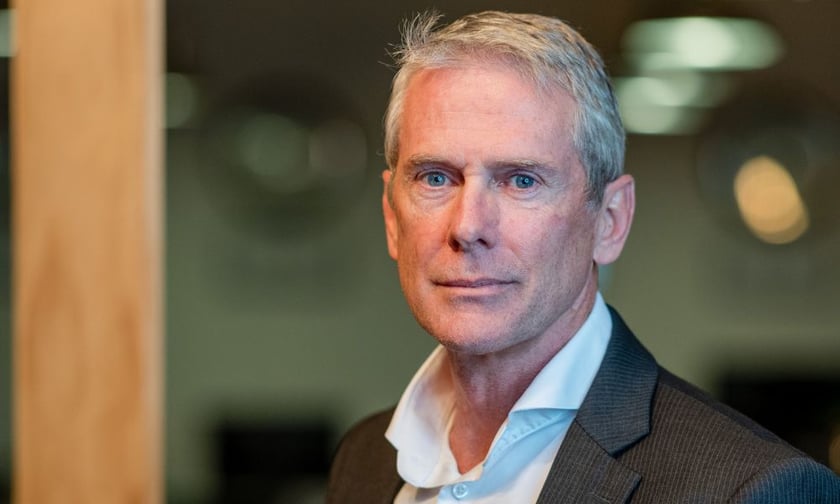

By
Industry investment start-up Recludo has begun to execute on a plan to take stakes in a select pool of brokerages and help their broker founders build better businesses to maximise value before sale.
CEO Tim Brown said Recludo was in the process of finalising investments in three brokerages at the end of 2024, all of which have been sourced from the founding team’s network.
Recludo is also set to make three or four strategic brokerage investments in the first quarter of the 2025 calendar year, with a vision of investing in 50 brokerages over the next five years.
Recludo’s model is to connect quality sole-trader-style broker businesses with investment capital from outside the industry to help scale and prepare them for an eventual businesses sale.
Brown said the firm could help turn brokers writing in the vicinity of $5 million – $10 million a month into fully professional businesses writing $100 million a month with “billion-dollar portfolios”.
The business has now gone through the process of preparing the business strategies and legal documentation necessary to complete its first round of brokerage joint venture deals this year.
“We often talk about it as an accelerator. They [brokers] might have got there by themselves by doing it in 10 years, but doing it with us, they’ll get there in five,” Brown said.
“So it’s accelerating that growth, giving them the necessary resources and capital they might not have within their own business, with someone who's willing to put money into their business.
“For me, there's nothing better than a partner who's going to put dollar for dollar what that business is worth into their business and then help them grow,” Brown said.
Recludo’s team includes Ash Playsted, general manager of broker performance, Tom Roche, chief operating officer, and Jon Corney, who has joined as the firm’s group chief financial officer.
Brown, a former CEO of aggregator Vow Financial and ex-MFAA chairman, said Recludo aimed to capitalise as the broker market evolved from sole operator dominance into bigger businesses.
Brown said the team believes this trend towards consolidation is “where the market has to go”.
“There are reasons for that. There’s the compliance and regulation changes that are now putting an enormous burden on a sole proprietor to try and do the business themselves,” Brown said.
“That’s the reason we've now got all these suppliers doing outsourcing and recruitment compliance, because they just don't have the capability to do that in a sole proprietor type structure,” he said.
Brown added that, with the industry now over 20 years old, more brokers are getting close to the time they want to get out of the business, creating opportunities for business consolidation.
However, he said without investment, advice and preparation, many brokers may end up having to sell their business for a multiple of trail, rather than “selling their business for its true value”.
“There's generally not a lot of opportunity through the aggregator to help with succession planning and business skills and how to develop your business – so that you're not the business,” he said.
“We're trying to partner with businesses we've identified to say: ‘Look, you have a really good business here, it’s generating good revenue, people are going to want to buy your business because it has an ongoing capability of performing after you leave. But you're still the business’.”
Brown said the business investment opportunities Recludo is pursuing all have different challenges, from struggling with capital to invest, to basic business skills that would enable them to grow.
“Each business has different needs, but all of them have a similar want and need, which is that the business will be worth a lot more in value,” Brown said. “And our attitude is to be quicker in getting there, because we will double, triple and quadruple your business value.”
Recludo’s founders are promising external investors above-market returns of between 15% to 20%, and will also be investing some of their own money in the partner brokerages.
“We invest a lot of time and money and capital, and we want to have part of that business, to partner with them, to give them all those business skills and help them with all those issues of growth that most people struggle with or don't know who to go to,” Brown said.
